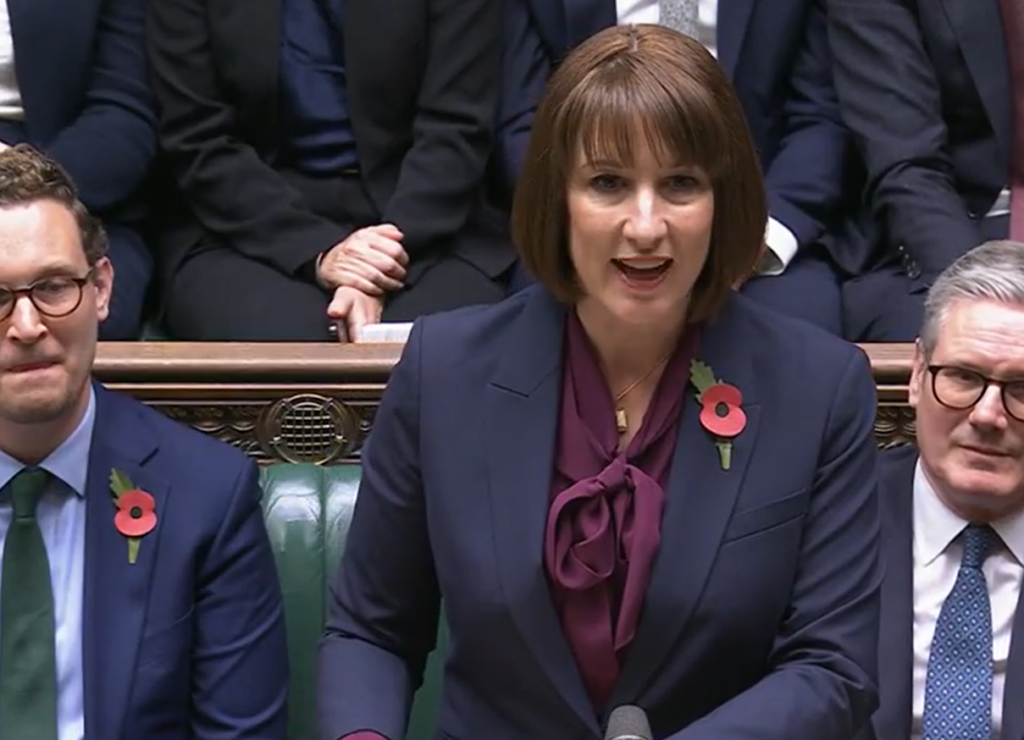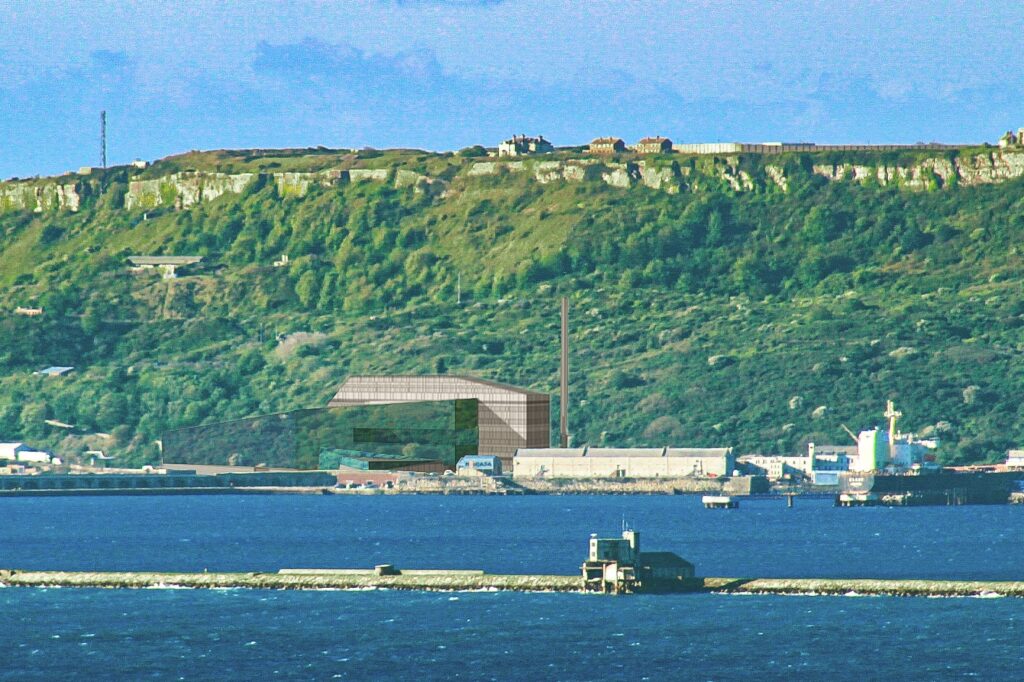Covantas plans for a large-scale energy-from-waste facility at Rookery Pit in Bedfordshire have become the first major infrastructure project to win the backing of the independent Infrastructure Planning Commission.
The project would be one of the largest energy-from-waste incinerators to be built in the UK, with the capacity to treat up to 585,000 tonnes-a-year of residual household and commercial and industrial waste, generating 65 megawatts of energy.

The decision to grant the project a development consent order was made by a panel of three independent commissioners appointed to consider Covantas application for the project, which was originally submitted in August 2010 (see letsrecycle.com story).
However, the approval for the project must now pass through Parliament because it involves the use of statutory powers to compulsorily acquire land required for the project. The decision must also be rubberstamped by communities secretary Eric Pickles, who must consider whether it is in accordance with European law.
Commenting on the approval, the chair of the Infrastructure Planning Commission, Sir Michael Pitt, said: The role of the IPC is to examine applications for nationally significant infrastructure projects, and to make decisions or recommendations on whether development consent should be granted.
Today the Commission has completed its first examination of an application, and done so within the timescales prescribed in the Planning Act.
The Infrastructure Planning Commission was established under the previous Labour administration to fast-track the planning process for major infrastructure projects. Proposals for large-scale EfW proposals with a generating capacity over 50MW come under the responsibilities of the body.
However, the coalition government plans to abolish the independent IPC and replace it with a new body known as the Major Infrastructure Planning Unit, based within the Planning Inspectorate, operating under the same timescales as the IPC but with final decisions on projects resting with ministers.
Rookery Pit
The proposals for the Rookery Pit facility have aroused opposition locally since they first emerged in 2008. Notably, Buckinghamshire county councils decision to select the proposed facility as the preferred option for treating its residual waste was criticised by councils in Bedfordshire (see letsrecycle.com story).
But, Buckinghamshire was then forced to reopen negotiations for its residual waste contract due to a legal issue over the Rookery Pit site (see letsrecycle.com story). This led to Buckinghamshire deciding in November 2010 to name Waste Recycling Group ahead of Covanta as preferred bidder for the deal (see letsrecycle.com story).
Opposition to the project was highlighted by Covanta Energys managing director, Malcolm Chilton, who highlighted the level of scrutiny the development had faced during the IPC process.
In 2009, at the start of the application process, Covanta was determined to set a new benchmark for communicating and consulting with all interested parties, statutory bodies and local communities. The feedback received during the 20 month consultation period led to a number of design and operational improvements, he said.
The IPCs examination of the RRF application has been an incredibly focused and comprehensive process, benefiting from a wealth of robust evidence. No stone was left unturned.
While every major capital project is likely to have some level of opposition, the community at large should take comfort from the fact that all the issues raised have been taken seriously and independently examined in the most thorough way possible.
Mr Chilton also stressed that two million tonnes-a-year of residual household and commercial and industrial waste was generated every year in the area the Rookery Pit project is expected to source feedstock from.
Charles Hendry
Commenting on the IPC decision, energy minister Charles Hendry said: It is vital for investors and for local communities that when it comes to major energy projects, we have a planning process that people can have confidence in.
I am very pleased that the IPCs first decision has been delivered on time. A new energy from waste plant at Rookery South is an important development for energy security and for the environmental recovery of waste that would otherwise have gone to landfill.








Subscribe for free